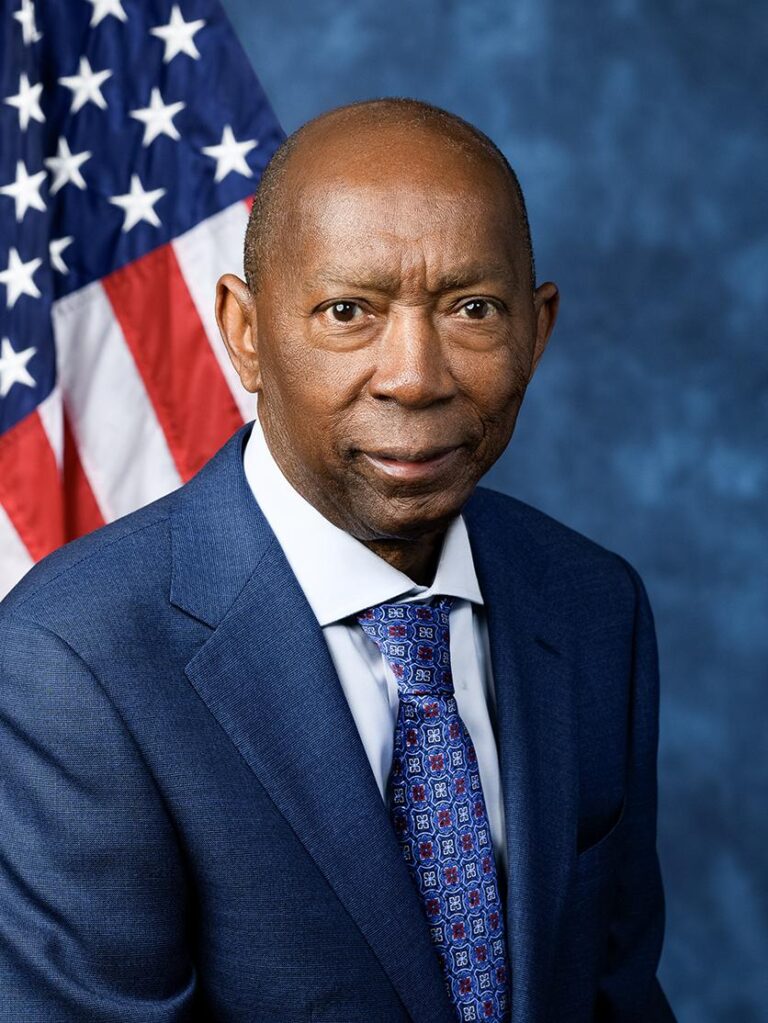The Formative Path of Sylvester Turner: From Community Roots to Political Leadership
Foundations of Sylvester Turner’s Political Ambition
Sylvester Turner’s entry into politics is deeply intertwined with his upbringing in Houston’s working-class neighborhoods, where he witnessed firsthand the struggles of economic inequality and educational disparities. These early observations ignited a passion within him to advocate for those whose voices were often marginalized. Reflecting on his youth, Turner emphasizes the importance of being a representative for his community, stating, “I understood the hardships around me and felt compelled to stand up for my neighbors.” His initial leadership roles in high school student government and active involvement in local civic organizations laid the groundwork for his lifelong dedication to public service.
Several key influences shaped Turner’s early political aspirations:
- Inspirational community figures who demonstrated resilience and ethical leadership in addressing city challenges
- Family dialogues that revolved around fairness, justice, and the importance of representation
- Firsthand exposure to Houston’s policymaking environment, revealing the impact of advocacy and governance
These experiences sharpened Turner’s political acumen, preparing him to champion critical issues such as education reform, public safety enhancements, and economic revitalization—priorities that remain central to his agenda.
Overcoming Obstacles: Lessons from Turner’s Early Political Career
Turner’s initial political endeavors were met with significant hurdles that tested his determination and shaped his leadership philosophy. Growing up amid Houston’s diverse and often underserved communities, he confronted systemic barriers and social inequities that many overlooked. These challenges instilled in him a profound commitment to equity and representation, positioning him as a steadfast advocate for marginalized populations.
Key takeaways from Turner’s formative years include:
- Resilience: Persisting through adversity is essential for achieving lasting change.
- Community involvement: Genuine engagement with constituents fosters authentic support and understanding.
- Flexibility: Adapting strategies in response to shifting political dynamics is crucial.
- Ethical leadership: Upholding integrity builds trust even in contentious environments.
| Challenge | Turner’s Strategic Approach |
|---|---|
| Limited Political Networks | Cultivated grassroots alliances and community partnerships |
| Economic Disparities | Prioritized policies promoting economic growth and opportunity |
| Racial Inequities | Advocated for inclusive representation and social justice |
| Political Resistance | Employed collaborative negotiation and coalition-building |
Strategic Foundations That Propelled Turner’s Public Service Career
Rather than a rigid plan, Turner’s political ascent was shaped by intentional decisions grounded in community connection and education. Recognizing early on the importance of understanding constituent needs, he dedicated himself to grassroots mobilization, civic participation, and campaign work aligned with his vision for social justice and economic progress.
His core strategies included:
- Network Development: Forming alliances with local leaders, activists, and mentors who offered guidance and support.
- Educational Empowerment: Applying his academic knowledge to inform policy discussions and enhance credibility.
- Transparent Communication: Hosting town halls, engaging in public forums, and utilizing media to foster openness and trust.
- Targeted Campaigning: Implementing focused voter outreach and clear messaging addressing community priorities.
| Strategy | Impact |
|---|---|
| Networking | Broadened political reach and coalition strength |
| Education | Enhanced policy insight and public trust |
| Communication | Improved constituent relations and transparency |
| Campaigning | Strengthened voter engagement and message clarity |
Turner’s Guidance for Aspiring Political Leaders
Turner attributes his political success to a combination of deep community ties, unwavering persistence, and attentive listening. He stresses the importance of cultivating authentic relationships rather than relying solely on campaign rhetoric. “Trust is earned over time and forms the bedrock of impactful leadership,” he advises. Additionally, Turner highlights resilience as a critical trait, encouraging emerging politicians to view setbacks as opportunities for growth rather than obstacles.
His practical recommendations for navigating political careers include:
- Begin with local involvement: Address neighborhood concerns before pursuing higher office.
- Maintain openness: Transparent communication fosters credibility and accountability.
- Develop negotiation skills: Effective politics often requires compromise and consensus-building.
- Seek mentorship: Learn from experienced leaders and support the development of future public servants.
| Advice | Benefit |
|---|---|
| Community Engagement | Fosters trust and voter loyalty |
| Persistence | Enables overcoming obstacles and rejection |
| Active Listening | Ensures policies reflect constituent needs |
| Collaboration | Builds bipartisan support and effective governance |
Final Reflections
Sylvester Turner’s political narrative, as shared in his own reflections, reveals a journey marked by resilience, community dedication, and strategic insight. From his early days confronting social inequities to becoming a key figure in Houston’s political arena, Turner’s story exemplifies how steadfast commitment to public service can drive meaningful change. Insights into his beginnings provide a valuable understanding of the principles and motivations that continue to influence his leadership and policy priorities today.




